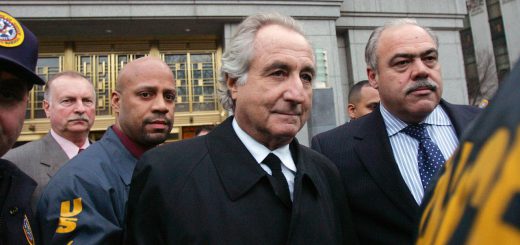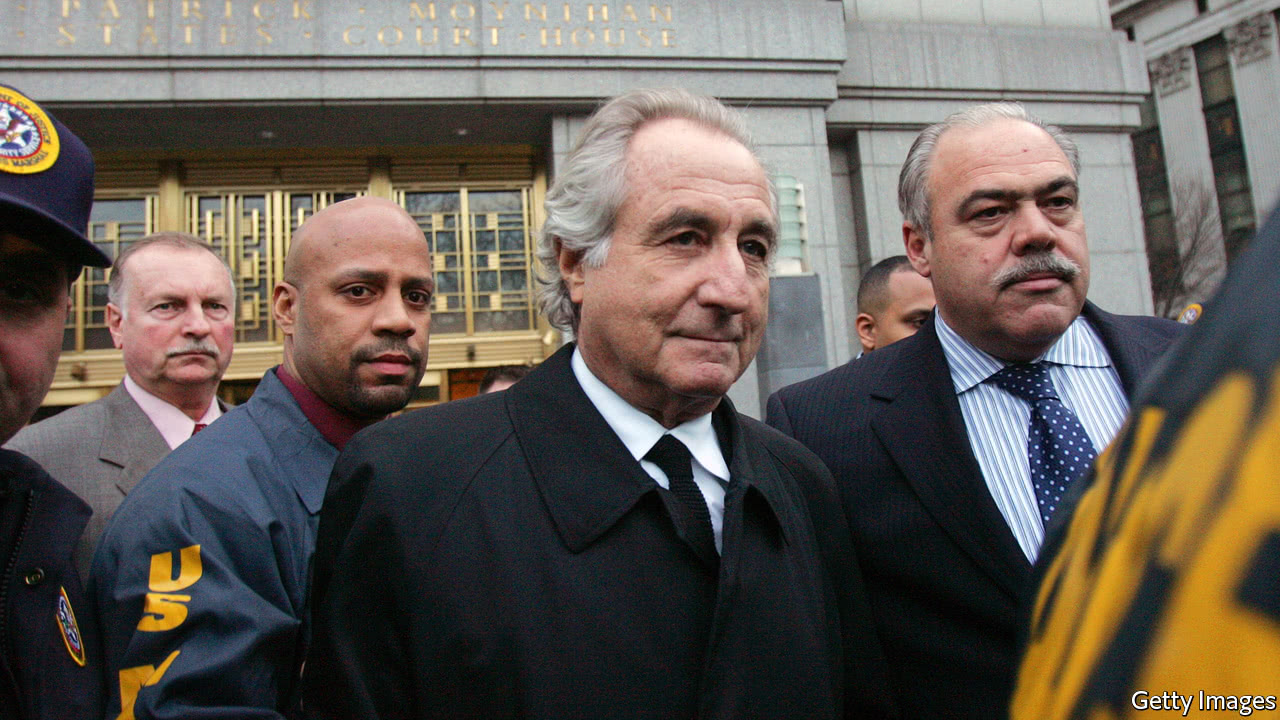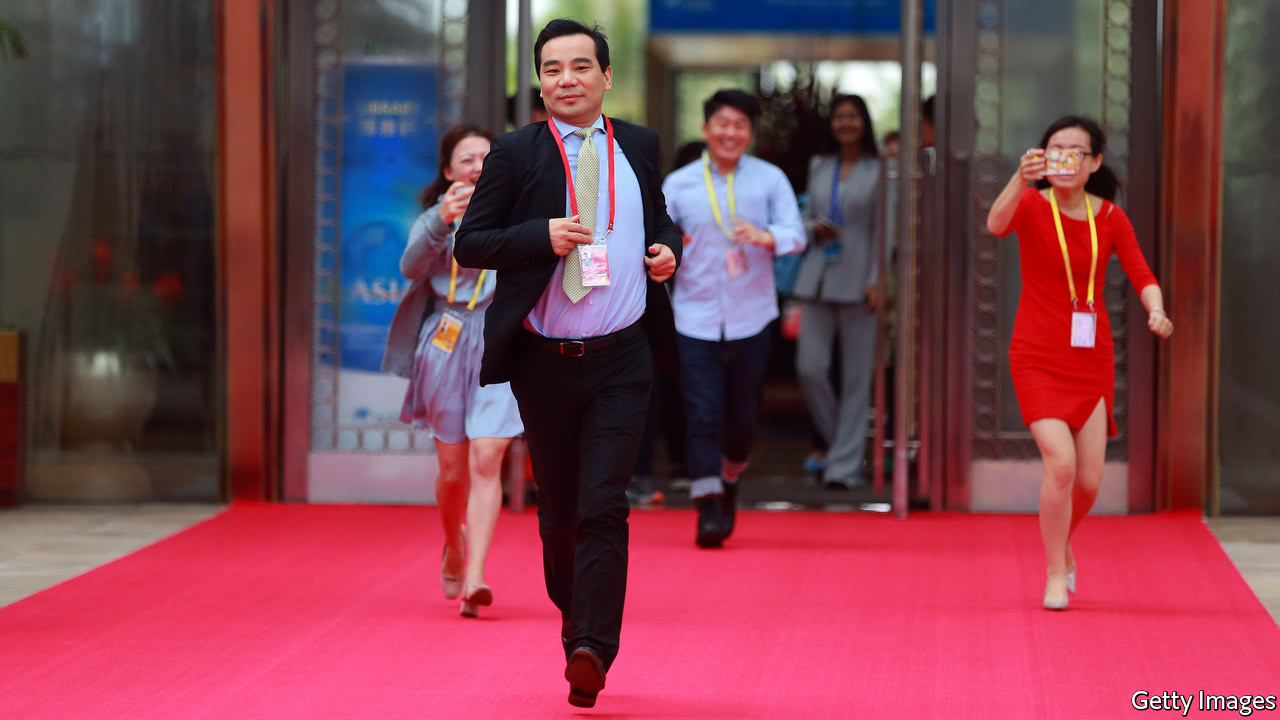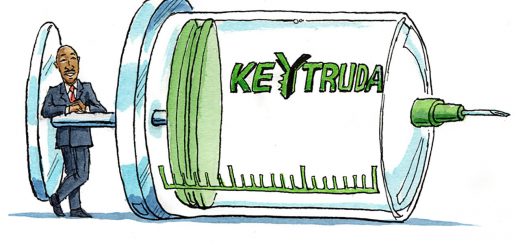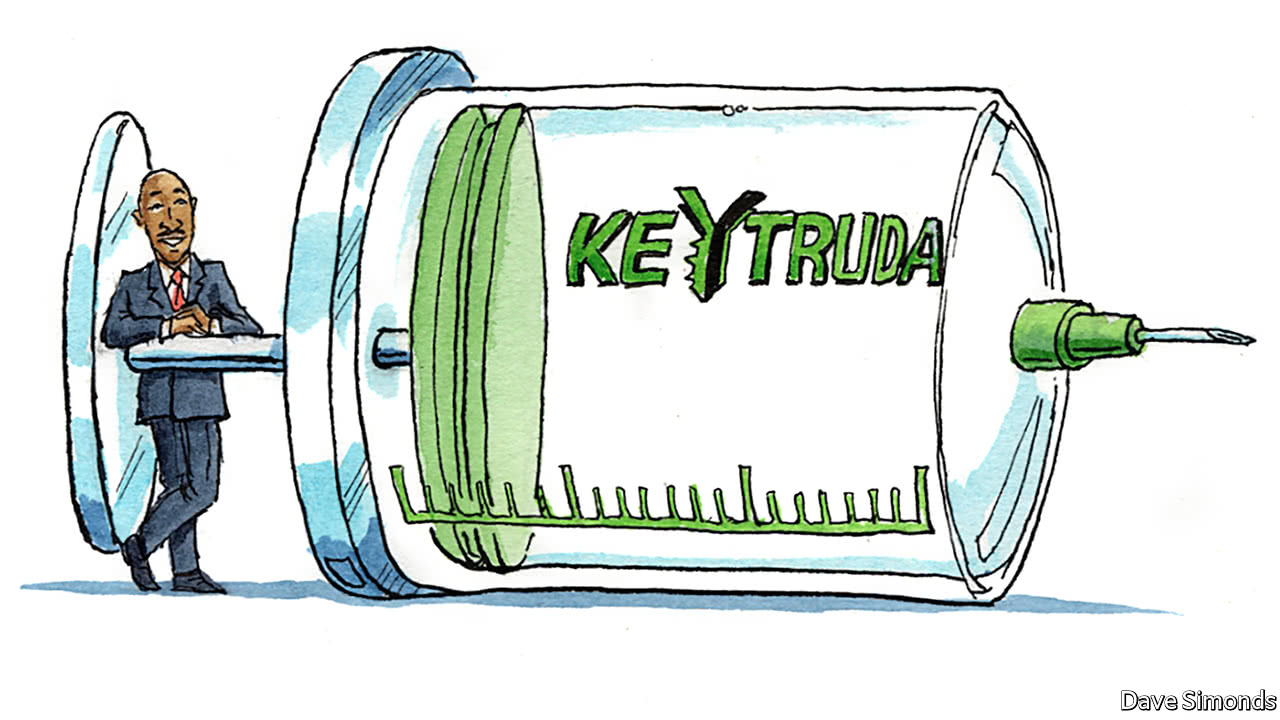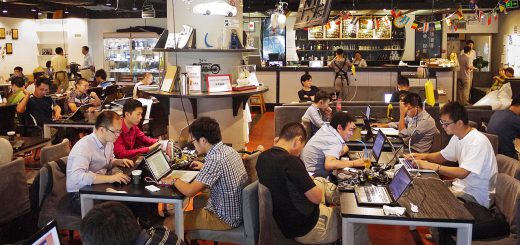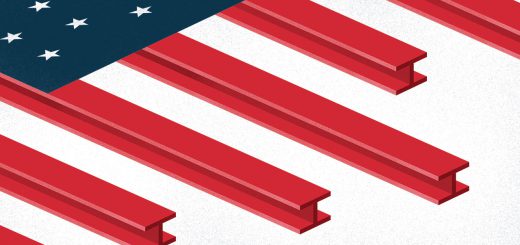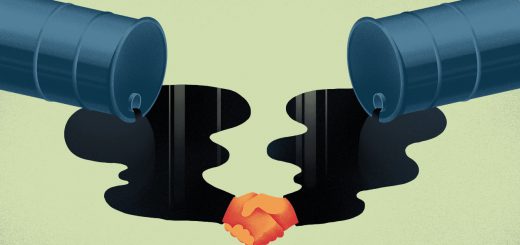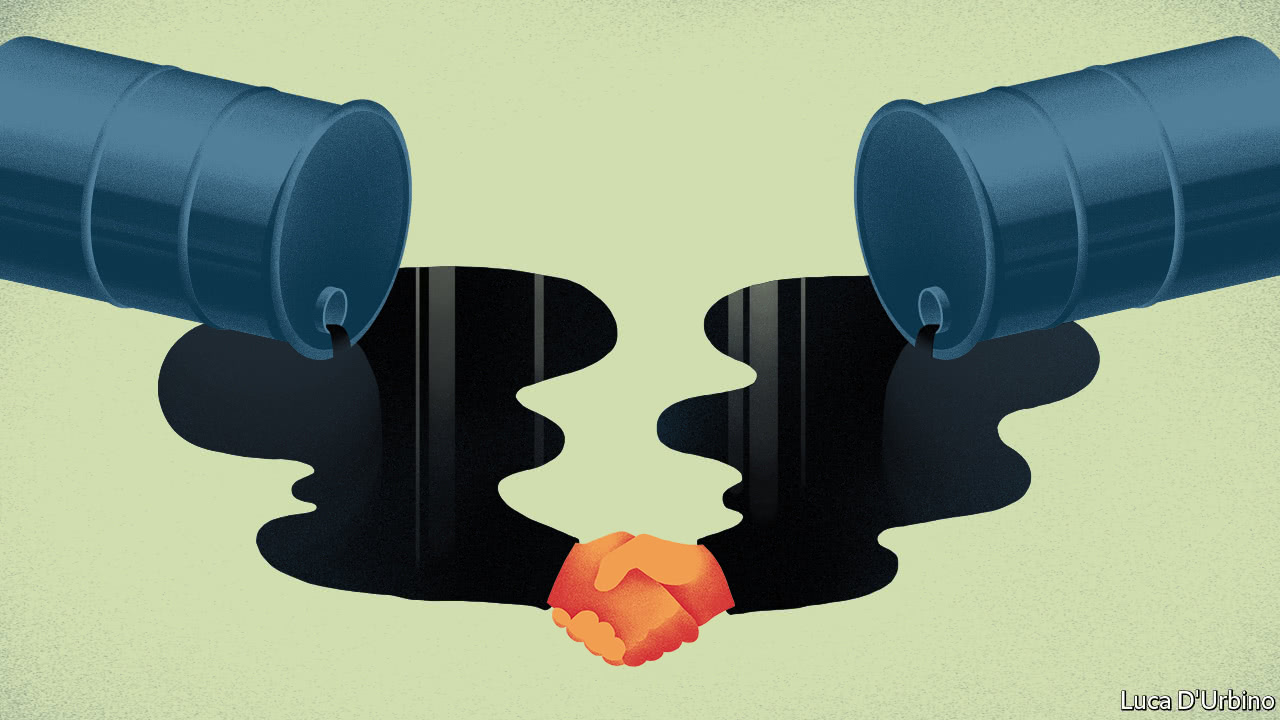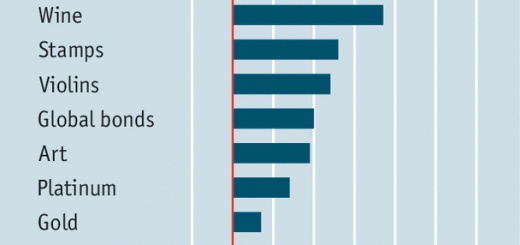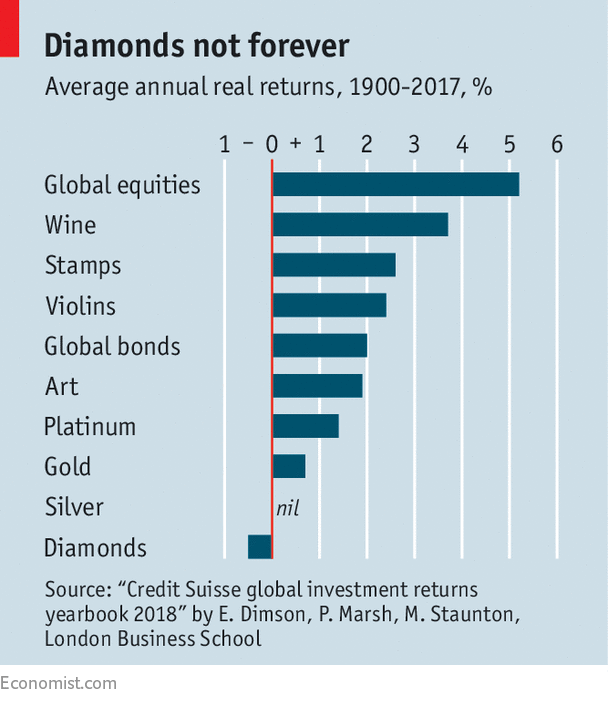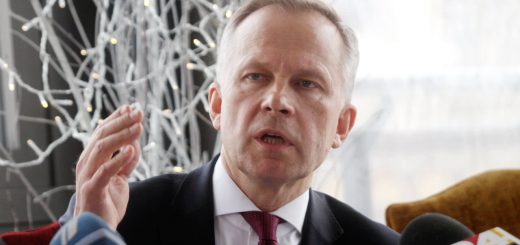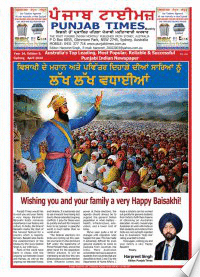Money stolen by Bernie Madoff is still being found
WHEN bankruptcy trustees were appointed over a hectic weekend late in 2008, there seemed no end to the losses caused by the collapse of Bernie Madoff’s Ponzi scheme. Cash in the bank was no more than $150m. But the losses have been less, and the assets available for compensation greater, than had been feared.
On February 22nd Irving Picard, the bankruptcy trustee overseeing the liquidation of Mr Madoff’s firm, announced that a fund set up to reimburse customers would make its ninth distribution, of $621m, bringing the total handed out so far to $11.4bn. Another $1.8bn in held in reserve for contested claims. This is on top of a separate distribution of $723m last November from a separate fund run by the Department of Justice. Another $3bn remains to be distributed in that fund and the bankruptcy trustees hold out hope that substantially more will be recovered and returned.
Mr Madoff, who will turn 80 in April, is serving a 150-year sentence in a North Carolina prison. At his…

